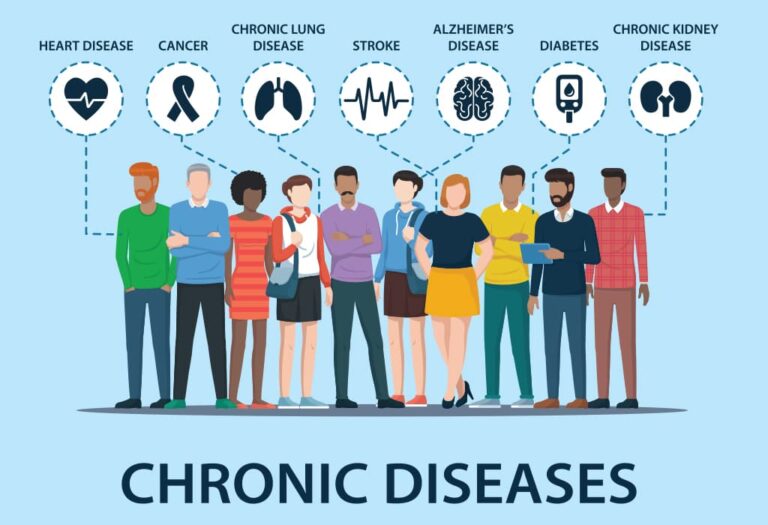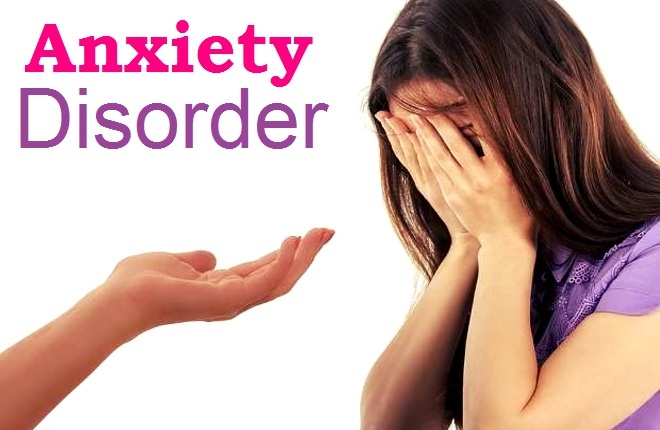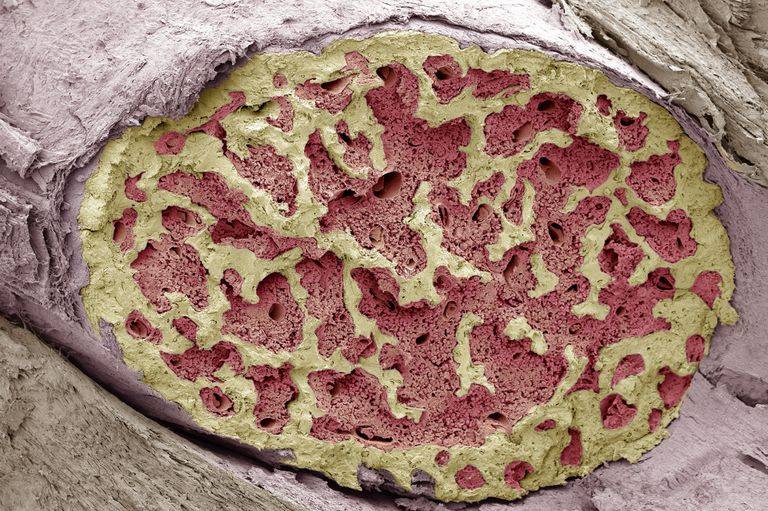Sleep Disorder: Insomnia, Causes, and Treatment
Author: Giselle Robel
Giselle Robel
Category: Health
Insomnia is a sleep disorder in which a person finds it difficult to fall asleep, stay asleep, or both.
Above all people with insomnia don't feel refreshed altogether when they wake up from sleeping.

This can lead to fatigue and other symptoms.
Insomnia is the most common of all sleep disorders.
Above all, this condition can be short-term (acute) or can last a long time (chronic).
And it may also come and go.
On the other hand, Acute insomnia lasts from 1 night to a few weeks.
And, also Insomnia is chronic when it happens at least 3 nights a week for 3 months or more
Doctors make a clinical diagnosis of insomnia if both of these criteria apply:
- Firstly, Sleep difficulties occurring at least three nights a week for a minimum of 3 months.
- Secondly Sleep difficulties creating major distress or functional difficulties in a person's life.
Causes of Insomnia or Sleep Problem
The causes of your insomnia will depend on the type of sleep problem you experience.
Overall, short-term insomnia, or acute insomnia, may be caused by a number of things such as:
- stress
- an upsetting or traumatic experience
- changes to your sleep habits, like sleeping in a hotel or new home
- physical pain
- jet lag
- certain medications
Types of Insomnia a Sleep Dis order
There are two types of insomnia (sleep disorder): primary and secondary.
- Primary Insomnia: This means your sleep problems aren't linked to any other health condition or problem. Primary insomnia has no known cause.
- Secondary Insomnia: This means you have trouble going to sleep because of a medical condition.
Risk factors for insomnia as a sleep disorder
Insomnia (sleep disorder) can occur at any age and is more likely to affect women than men.
People with certain risk factors are more likely to have insomnia. These risk factors include:
- high levels of stress
- emotional disorders and depression or distress related to a life event or a traumatic experience
- lower income
- traveling to different time zones
- sedentary lifestyle
- changes in work hours or working night shifts
Having certain medical conditions, such as obesity and cardiovascular disease, can also lead to insomnia.
Menopause can lead to insomnia as well.
Symptoms of Insomnia
People who experience insomnia usually report at least one of these symptoms:
- waking too early in the morning
- unrefreshing sleep
- trouble falling or staying asleep
These symptoms of insomnia can lead to other symptoms, including:
In addition to that, you may also have difficulty concentrating on tasks during the day.
Treat ment
There are both pharmaceutical and non-pharmaceutical treatments for insomnia.
Your doctor can talk to you about what treatments might be appropriate.
Hence, you may need to try a number of different treatments before finding the one that's most suitable for you.
Sleep hygiene training may also be recommended. Sometimes, behaviors that interfere with sleep cause insomnia. Sleep hygiene training can help you change some of these disruptive behaviors.
Suggested changes may include:
- avoiding caffeinated beverages near bedtime
- avoiding exercise near bedtime
- lessen the time spent on your bed or when you're not intending to sleep, such as watching TV or surfing the web on your phone
If there's an underlying psychological or medical disorder contributing to your insomnia, getting appropriate treatment for it can alleviate sleep difficulties.
Medications
Sometimes, medications are used to treat insomnia.
In the meantime, an example of an over-the-counter (OTC) medication that can be used for sleep is an antihistamine, such as diphenhydramine (Benadryl).
Medications like this can have side effects, especially long-term, so it's important to talk to a doctor before starting yourself on an OTC medication for insomnia.
Prescription medications that may be used to treat insomnia include:
- eszopiclone (Lunesta)
- zolpidem (Ambien)
Above all, talk with your doctor before using any medications or supplements to treat your insomnia.
There might be dangerous side effects or drug interactions. Not every sleep aid is appropriate for everyone.
Making lifestyle changes or trying home remedies can help effectively manage many cases of insomnia.
Warm milk, herbal tea, and valerian are just a few of the natural sleep aids you can try.
Meditation
Meditation is a natural, easy, drug-free method for treating insomnia.
The study showed that meditation can help improve the quality of your sleep, as well as make it easier to fall asleep and stay asleep.
Meditation can also help with symptoms of conditions that may contribute to insomnia. These include:
- stress
- anxiety
- depression
- digestive problems
- pain
Many apps and videos are available to help you practice meditation.
Essential oils
Essential oils are strong aromatic liquids made from a variety of:
- plants
- flowers
- trees
People treat a variety of conditions by inhaling oils or massaging them into the skin. This practice is called aromatherapy.
Essential oils that are thought to help you sleep include:
- Roman chamomile
- cedarwood
- lavender
- sandalwood
- neroli, or bitter orange
Aromatherapy is found to be beneficial in promoting sleep.
While in another study, lavender is found to be especially useful in promoting and sustaining sleep.
The study reported that a mixture of essential oils reduced sleep disturbance and increased well-being in older adults.
Insomnia testing
As a result and in order to arrive at a diagnosis, your doctor will ask questions about your:
- medical conditions
- social environment
- psychological or emotional condition
- sleep history
This information can help them determine the underlying causes of your sleep problems. You might be asked to:
- Firstly, keep a sleep log
- And secondly record when you fall asleep
- Lastly, write when you wake up repeatedly
- report what time you wake up each day
A sleeping log will give your doctor a picture of your sleep patterns.
Moreover, the doctor may also order medical tests. And also blood work to rule out medical problems that can interfere with your sleep.
Furthermore, a sleep study is recommended not for the diagnosis of insomnia. In case there’s an underlying sleep disorder such as obstructive sleep apnea.
Insomnia in Children
Children can have insomnia, too often for the same reasons as adults. These reasons might include:
- stress
- medications
- excessive caffeine intake
- psychiatric disorders
If your child has trouble falling asleep or staying asleep, or if they wake up too early, insomnia may be the reason.
Insomnia in children may include:
- daytime sleepiness or restlessness
- irritability and mood swings
- repeated disciplinary issues
- memory problems and attention deficits
Treatment for children is often the same as treatments for adults.
Children will benefit from a consistent sleeping schedule. And good sleep hygiene. Reducing stress and avoiding screen time near bedtime will help as well.
Insomnia and anxiety
Anxiety can cause insomnia, and insomnia can cause anxiety. This can result in a self- perpetuating cycle that may lead to chronic insomnia.
On the other hand.
Short-term anxiety develops when you frequently worry about a specific issue, such as work or personal relationships.
Short-term anxiety usually goes away once the issue is resolved and so, your sleep should return to normal as well.
Insomnia and depression
And, according to an early study Trusted Source.
Not only does insomnia make you more likely to develop depression, but depression can also make you more likely to develop insomnia.
For other people, symptoms of depression may precede insomnia.
And the good news is that the same treatments often help both depression and insomnia.
Regardless of which condition comes first.
The most common treatments are:
- medications
- therapy
- lifestyle changes
These lifestyle changes can include:
- developing better sleep habits
- exercising in the daytime
- eating a balanced diet
Complications of insomnia
Not getting enough rest can take a toll on your health.
Insomnia can increase your risk for a number of conditions including:
- anxiety
- depression
- stroke
- asthma attacks
- seizures
- weak immune system
- obesity
- diabetes mellitus
- high blood pressure
- heart disease
More likely Insomnia can also:
- increase your risk for an accident
- affect your performance at school or work
- lower your sex drive
- affect your memory













